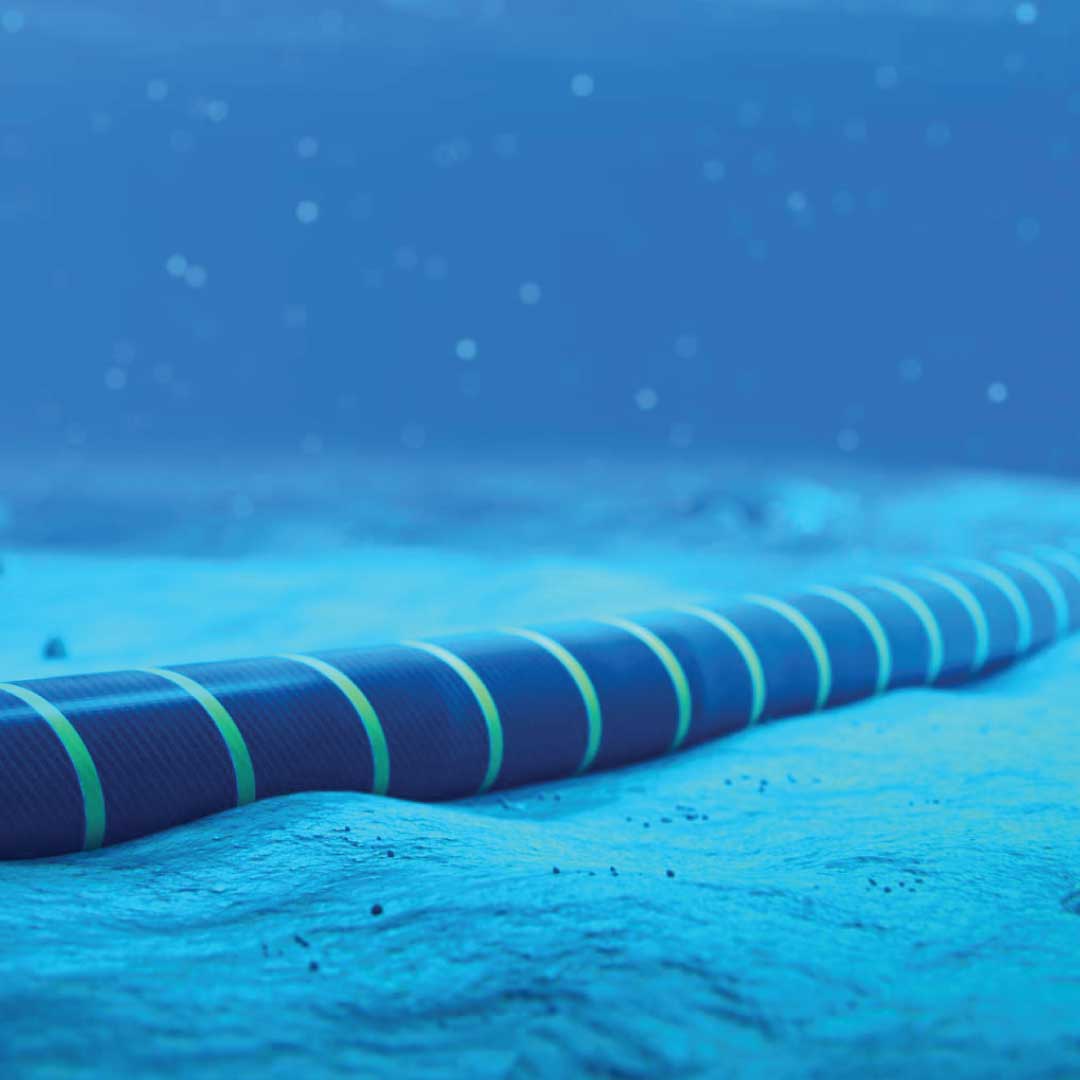The UK-based renewable energy solutions company Xlinks has launched a tender to execute a technical study along the route of the 3,800-kilometre undersea power cable connecting Morocco and the UK.
At the request of Xlinks, the study aims to provide more data on the geophysical and geotechnical features of the submarine electrical cable which is set to last for 12 months, the study will also cover a magnetometer scan of the seabed to detect possible “unexploded ordnance,” reports Spanish news agency EFE.
The company, which includes among its board members Paddy Padmanathan, the president and CEO of Saudi energy giant ACWA Power, is planning to deploy the project, which would consist of 7 GW of solar capacity and 3.5 GW of wind in Morocco. “Xlinks is in discussions with Moroccan community leaders and government regarding the exact sites of the solar farm and working on permitting with the relevant departments,” the company’s CEO, Simon Morrish, told PV magazine.
Furthermore, Morrish affirmed that the project is expected to generate 7.5% of the UK’s electricity demand and significantly contribute to net-zero targets,”
Xlinks has set February 22 as the deadline to receive offers for the tenders. As this project is regarded as the first of a kind, the purpose of this is to generate 10.5 GW of zero-carbon electricity from the sun and wind to deliver 3.6 GW of reliable energy for an average of 20+ hours a day. According to Xlinks, this is enough to provide low-cost, clean power to over seven million British homes by 2030.
The agreement has been reached with National Grid for two 1.8GW connections at Alverdiscott in Devon. Voltage source converters will enable the Xlinks project to secure high-value balancing contracts with National Grid, and an HVDC technical feasibility study has been completed to validate reliability and cost.
What about Submarine cables in Nigeria
According to submarine networks, there are now five international submarine cables in Nigeria, with over 40 Tbps of capacity, including SAT3 cable, MainOne cable, Glo1 cable, ACE cable, and WACS cable, landed by Natcom, MainOne, Glo 1, Dolphin Telecom and MTN respectively.
There is also a submarine cable connecting Kribi in Cameroon to Lagos in Nigeria, the Nigeria-Cameroon Submarine Cable System (NCSCS). The NCSCS is owned by Cameroon Telecommunications (CAMTEL), in a partnership with MainOne to land the NCSCS cable at MainOne’s Lagos Cable Landing Station.
Moreover, according to the study conducted by ASCON (Association of Submarine Cable Operators of Nigeria, Nigeria has used less than 10% of its five submarine cables capacity as of early 2019. Therefore there might not be a need for a new transatlantic cable in Nigeria.
